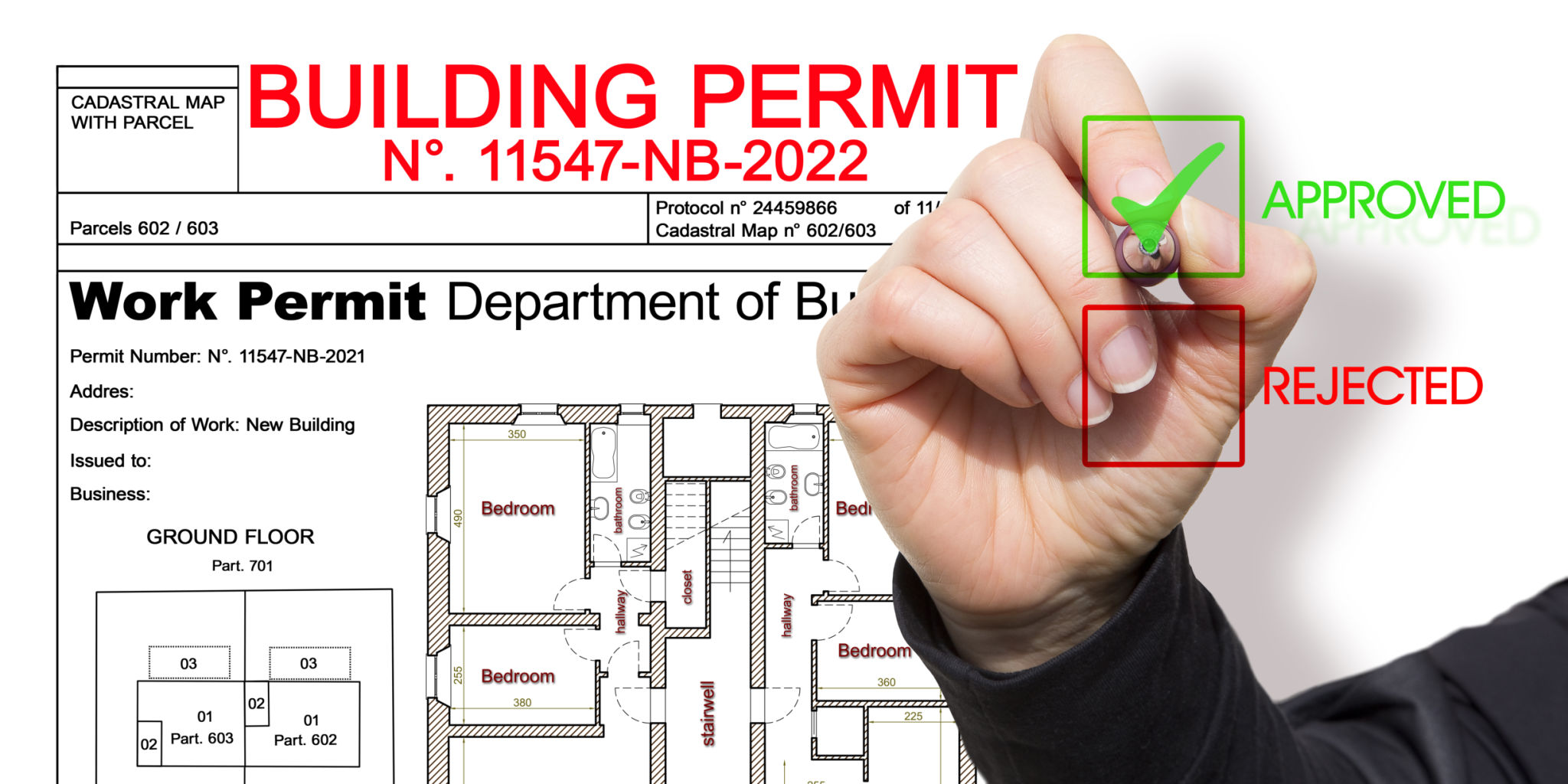Expert Insights: Navigating Local Building Regulations in San Antonio
Understanding Local Building Regulations
When embarking on a construction project in San Antonio, understanding the local building regulations is crucial for ensuring compliance and avoiding costly delays. These regulations are designed to maintain safety, protect the environment, and preserve the unique architectural heritage of the area. Whether you are a seasoned developer or a first-time builder, navigating these complex rules can be challenging.

Key Regulatory Bodies
In San Antonio, several regulatory bodies oversee construction activities. The primary agency is the Development Services Department (DSD), which handles permits, inspections, and code enforcement. Additionally, the Historic and Design Review Commission (HDRC) plays a vital role in overseeing projects in historic districts and ensuring compliance with design standards. Understanding the roles of these bodies can help streamline the approval process for your project.
Essential Permits and Approvals
Before breaking ground, it's essential to secure the necessary permits. The types of permits required can vary depending on the nature and location of the project. Commonly required permits include:
- Building Permits
- Electrical Permits
- Plumbing Permits
- Mechanical Permits
Each permit serves a specific purpose and requires its own set of documentation. It's advisable to consult with a local expert or legal advisor to ensure you have everything in order.

Impact of Zoning Laws
Zoning laws are another critical aspect of local building regulations. These laws dictate how land can be used in different parts of the city, influencing factors like building height, density, and usage type. Understanding zoning classifications and restrictions can help you identify potential challenges early in the planning stages and adjust your project accordingly.
Environmental Considerations
San Antonio's commitment to sustainability means that environmental considerations are an integral part of the building process. Compliance with environmental regulations may involve assessments of water usage, energy efficiency, and waste management. Implementing eco-friendly practices not only aligns with local policies but can also enhance the long-term value of your project.

Engaging with the Community
Community engagement is often overlooked but is a significant component of successful project execution. Engaging with local residents and stakeholders can provide valuable insights and foster goodwill. Public meetings or forums can be instrumental in addressing concerns and gathering support for your project.
Expert Advice for Smooth Navigation
Given the complexity of local building regulations, seeking expert advice can be invaluable. Local architects, engineers, and legal professionals can provide guidance tailored to your project's specific needs. They can assist in navigating bureaucratic processes, ensuring that all requirements are met efficiently.
In conclusion, while navigating San Antonio's building regulations may seem daunting, understanding the key elements and engaging with experts can significantly ease the process. By staying informed and proactive, you can ensure your project not only complies with local laws but also contributes positively to the community.
